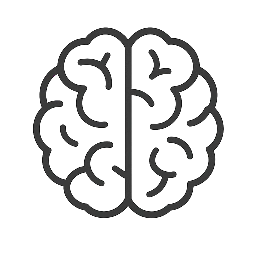
How Early Intervention Can Prevent Chronic Mental Health Issues
Mental health is a critical component of overall well-being, influencing how individuals think, feel, and behave. Early intervention in mental health refers to identifying and providing practical support and treatment at the earliest signs of mental health problems. This proactive approach is essential in preventing the development of chronic mental health issues that can severely impact quality of life.
Understanding Early Intervention
Early intervention involves recognising symptoms of mental health conditions such as anxiety, depression, bipolar disorder, or psychosis, and responding promptly with appropriate care. It often includes counselling, therapy, medication, lifestyle changes, and support systems tailored to the individual’s needs. The goal is to reduce the severity and duration of mental health episodes and to promote recovery.
Benefits of Early Intervention
- Prevents Progression of Disorders: Addressing mental health issues early can stop symptoms from worsening or evolving into more severe, chronic conditions.
- Improves Treatment Outcomes: Early treatment is often more effective, leading to faster recovery and better long-term prognosis.
- Reduces Risk of Comorbidities: Timely intervention can prevent the development of additional problems such as substance abuse, physical health issues, or social difficulties.
- Enhances Quality of Life: Individuals are more likely to maintain relationships, perform academically or professionally, and engage in daily activities.
- Decreases Healthcare Costs: Preventing chronic conditions reduces the need for intensive and prolonged medical care.
Strategies for Effective Early Intervention
- Awareness and Education: Public education campaigns to recognise early signs of mental health problems.
- Screening and Assessment: Routine mental health screenings in schools, workplaces, and healthcare settings.
- Access to Services: Ensuring availability of mental health professionals and resources.
- Supportive Environments: Creating stigma-free spaces where individuals feel safe to seek help.
- Family and Community Involvement: Engaging support networks in the recovery process.
Challenges and Considerations
While early intervention is beneficial, challenges include stigma, lack of awareness, limited access to services, and cultural barriers. Addressing these requires coordinated efforts from policymakers, healthcare providers, educators, and communities.
Conclusion
Early intervention plays a vital role in preventing chronic mental health issues by providing timely support and treatment. By fostering awareness, improving access to care, and creating supportive environments, society can help individuals maintain mental wellness and lead fulfilling lives. Prioritising early mental health care is an investment in healthier communities and a brighter future.

Leave a Reply